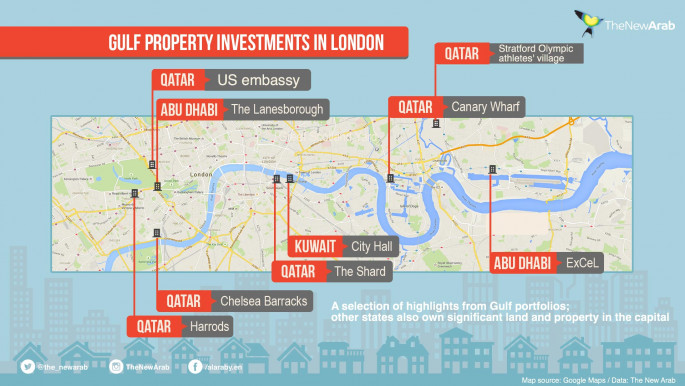Kuwait's economic woes continue, as billions in bonds issued
Kuwait will issue billions of dollars worth of bonds in international markets to finance a budget deficit resulting from low oil prices, a report said Saturday.
It comes as anger at the goverment's austerity measures and cuts to petrol subsidies led to the country's cabinet resigning and parliament dissolving.
Finance Minister Anas al-Saleh said Kuwait will issue US dollar-denominated sovereign bonds of up to $9.6 billion during the 2016/2017 fiscal year which ends 31 March, al-Qabas newspaper reported.
This comes on top of a $6.6 billion domestic debt programme which is already underway.
Kuwait, like other energy-rich Gulf Cooperation Council states, has already taken on tens of billions of dollars in foreign debt to finance budget shortfalls.
Saudi Arabia, Qatar, Oman and the UAE have sold bonds or took syndicated loans to plug their deficits.
The minister's decree did not specify the share of Islamic sukuk bonds in the planned issue.
It will be the country's first foreign debt in around two decades.
Kuwait recorded a budget deficit of $15 billion last fiscal year, breaking a 16-year run of surpluses.
Oil income contributed around 95 percent of public revenues in those years. During the past two years, oil has lost around 60 percent of its value.
The emirate, home to 1.3 million Kuwaitis and 3 million foreigners, is also projecting a budget shortfall of $29 billion this fiscal year.
During surplus years, Kuwait piled up around $600 billion in its sovereign wealth fund in holdings mostly in the United States, Europe and Asia.
Like its Gulf peers, Kuwait has taken some austerity measures that include liberalising prices of diesel and kerosene and hiking petrol prices.
 |



